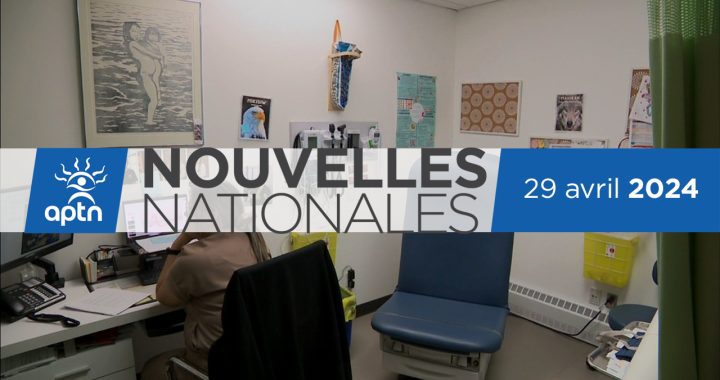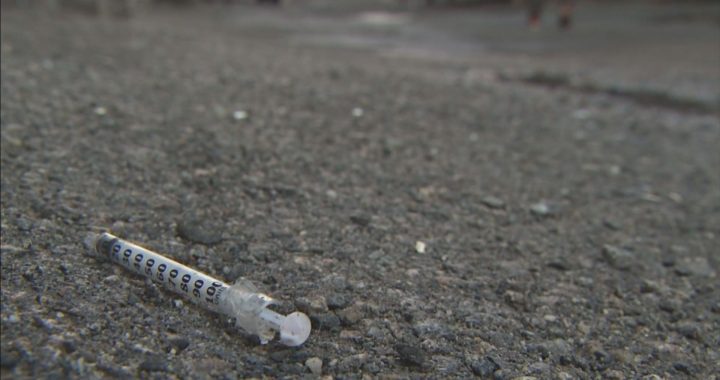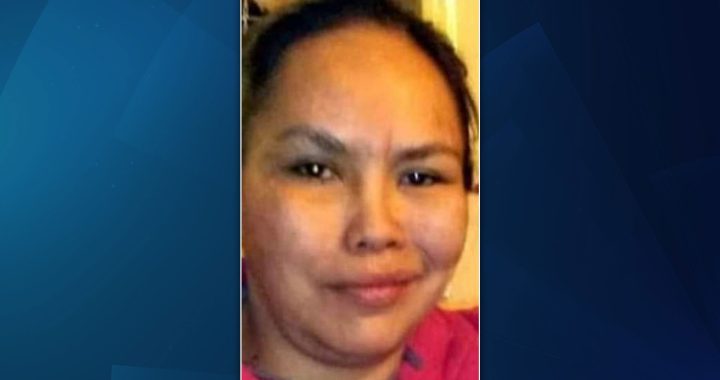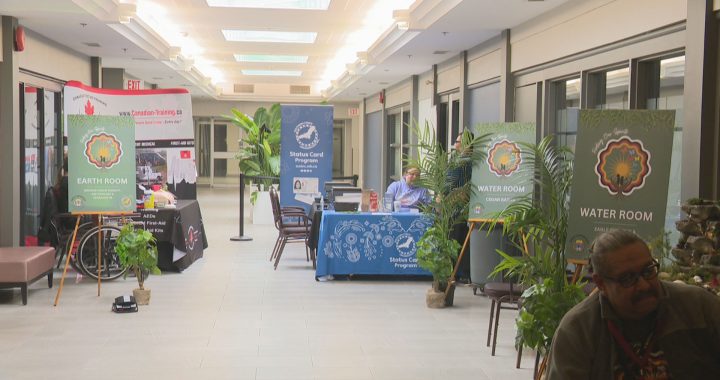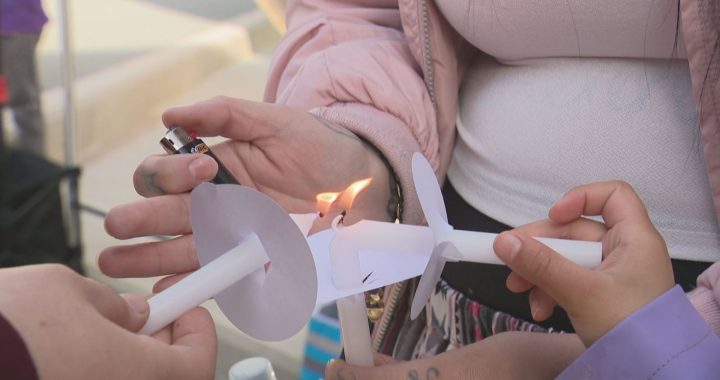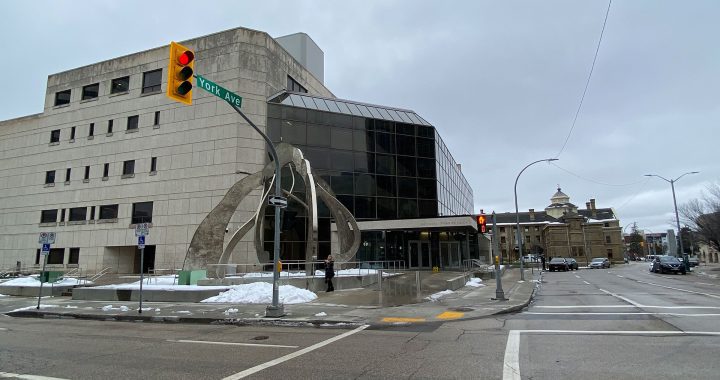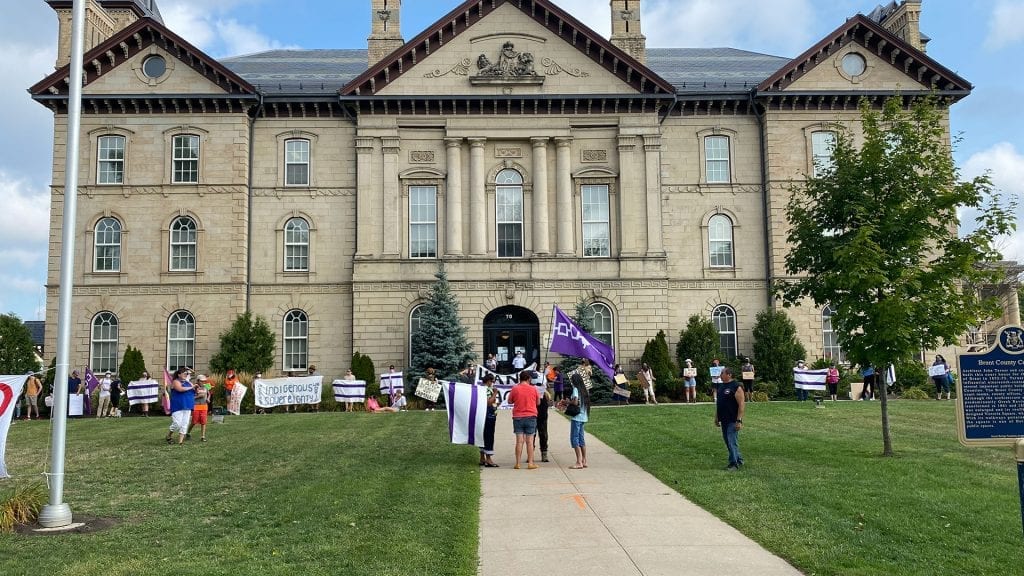
The Ontario Superior Court of Justice in Brantford, Ont. Photo: APTN file
A proposed class-action lawsuit takes aim at the Toronto Police Board and several named chiefs of police over the issue of street checking the identification of racialized people, also known as carding.
The lawsuit filed Monday alleges the practice violates human rights.
It seeks $250 million in damages.
It also asks for an injunction on the practice of carding, which it defines as “stopping individuals, without any reasonable suspicion of individuals’ involvement in criminal activity, requesting individuals provide personal and/or identifying information, and collecting and storing this personal and/or identifying information in the Toronto Police Service’s databases.”
The representative plaintiff is Ayaan Farah of Somalian heritage.
The lawsuit says Farah worked at United Airways (now American Airlines) until her security clearance was downgraded after the Royal Canadian Mountain Police alleged she had a connection to the Dixon Crew, which Toronto police describe as a street gang “primarily comprised of Somali males.”
Farah could not find out the name of the person she was alleged to socialise with, the lawsuit added.
“In or around January 2014, Transport Canada received a Law Enforcement Records Check (LERC) report from the Royal Canadian Mounted Police,” the lawsuit said. “The LERC indicated, among other things, that when Ms. Farah was stopped by officers of the Toronto Police Service in 2011, she had been observed with a member of the Somali-Canadian community (Subect A), who the records of the Defendants purported to be a member of a “street gang”. Subject “A” was not identified.”
Farah said Toronto police were falsely accusing her of having ties to gangsters.
“I am a law-abiding citizen with no criminal convictions,” she said in the lawsuit. “The alleged association I have to this individual is also unknown to me. For one, I have no recollection of this occurrence or even for that matter, as the individual is also unnamed in the report, I do not know who this individual happens to be.”
Read the statement of claim:
Solomon McKenzie, one of the lawyers at McCarthy Tetrault involved in the class action, told APTN News they anticipate thousands of people have been affected by the Toronto police practice of carding.
“We are at a really important juncture in Ontario in terms of what the future of policing is going to look like. And this is an opportunity for us to learn some lessons from the past,” said McKenzie.
“For a considerable period of time, the Defendants have habitually violated the Class members’ fundamental rights. The Defendants have continued this practice despite significant public opprobrium [harsh criticism] concerning Carding, including concerns repeatedly expressed by members of the Black and Indigenous communities,” the statement of claim alleged.
Ontario Human Rights Commission
The statement of claim references a survey by the Ontario Human Rights Commission of 1,650 organizations and individuals about their experiences with being racially profiled by authorities, including airport security and police officers.
Of the participants who responded to the survey, 66 of them self-identified as Indigenous.
The survey notes that “conclusions cannot be drawn about the proportion of people in Ontario who experience racial profiling based on the proportion of survey respondents who reported that they were racially profiled.”
However, it reported that between 15 and 35 per cent of Indigenous participants believe they had been racially profiled by private business or retail service, healthcare, education, government or social services.
In 2019, Ontario Justice Michael Tulloch issued a report that said carding has little value as a law enforcement tool and should be significantly limited in its practice.
“The negative impact of random carding, particularly on Indigenous, Black, and other racialized communities, combined with the limited evidence that it is an effective police tool, brings me to only one conclusion and that is that random carding should end,” Tulloch wrote
APTN contacted the Toronto Police Board who said they would not comment on ongoing litigation.





